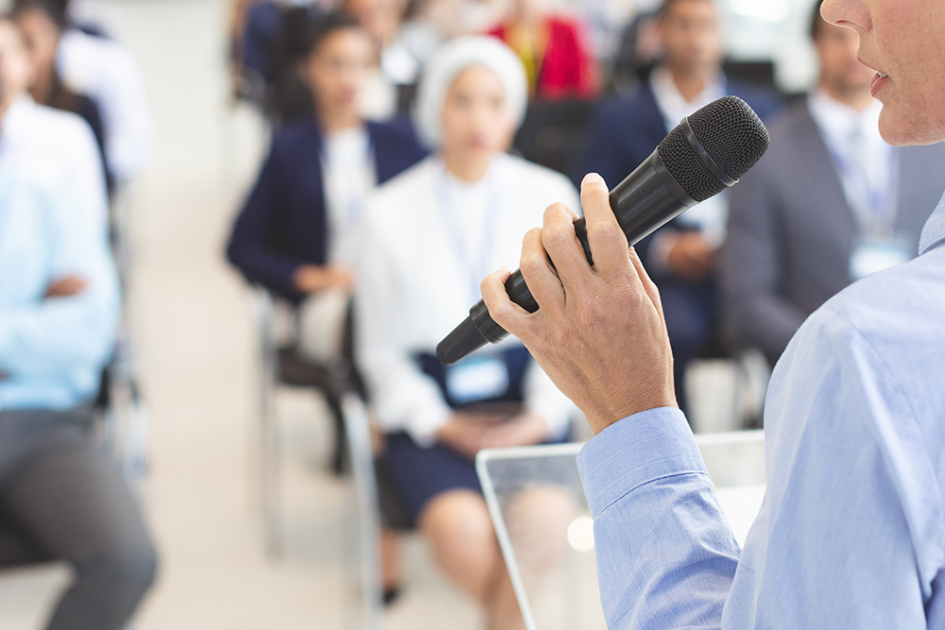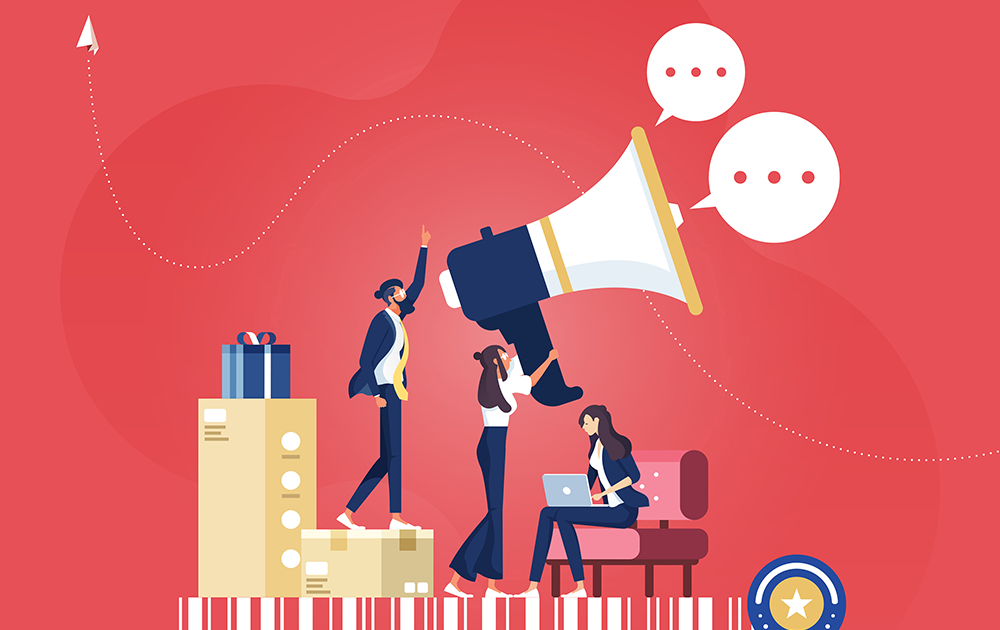The start of the new year allows us to put things into perspective and yearn for better days ahead. For the event-organising community, this period also means strategizing on how to make events more impactful. Time and again we must delve into the same question: what makes attendees really come to events?
An attempt to answer this question involves what we call event psychology which explores the “psyche” of attendees as consumers. As a concept, it covers other disciplines such as neuroscience, sociology and psychology. It allows organisers to determine nuanced aspects that must be addressed amongst attendees every time they run an event.
According to Victoria Matey, co-founder of Matey Events, a business events consulting company that specialises in event psychology, “The most critical component of any event is people. To create compelling content and gatherings: that must be the focus.”
Different events may span various markets and industries—but there will always be a commonality: attendees are the number one priority. It is therefore important to find out what makes your audience’s brains tick and use this to your advantage.

Abraham Maslow’s Hierarchy of Needs
If you have studied Psychology 101, you’d have encountered Maslow’s Hierarchy of Needs. It is usually depicted as a pyramid which shows the order by which our different needs should be met. Let us draw some analogies and apply this theory to events.

Physiological – According to Maslow, our physiological needs would always come first. As an event organiser, we may capitalise on this knowledge when choosing a venue. Attendees must have access to food, drinks, and amenities which would make them feel comfortable at all times.
Safety – When applied to event organisation, this need can be fulfilled by making attendees feel safe. The pandemic can be made as a good example for this point. It is every event organiser’s responsibility to make sure that COVID precautions are taken into consideration, especially in countries which still implement stringent measures to curtail the spread of any virus.
Love & Belonging – This is where networking comes in. People have the natural need for belongingness, friendship and inclusion in any social setting. Provide different opportunities for networking and, for large gatherings, make sure that everyone can be easily identified using name badges.
Esteem – The need to seek status, respect and achievement can be met by event organisers by looking for opportunities to give awards or recognition amongst attendees. In fact, some event formats are dedicated specifically to address people’s esteem—there are entire business models centred on award ceremonies.
Self-actualization – If you have met all the previous needs, it is now time for you to think about your value proposition to your attendees. What would make attendees feel fulfilled after coming to your event? What would impact their lives?
Engagement is key
As social beings, attendees should also be engaged before, during and after any event. “Transactional events are the least successful ones,” according to Mentxu Sendino, the Chief Marketing Officer of Eventscase. Event organisers have different opportunities to engage attendees by starting with effective event communications before the event and by providing the audience the chance to participate in any discussion or feedback loop during the event.
Gamification may even be incorporated into this strategy since it would allow attendees to actively partake in the event in a fun and memorable manner. Post-event follow ups such as asking for feedback is also a nice way to make attendees feel that their opinions truly matter.

Make it a sensory experience
Last but not least, event organisers may improve their event strategies by incorporating technology and equipment that would allow attendees to have a sensory experience. At the very least, choose a venue with complimentary lighting and sound for the engagement you’re hosting. If meals are part of the agenda, serve delectable food that will be difficult to forget! If your budget permits, invest in all the bells and whistles to stimulate the five senses. Use smoke machines on the stage before entertainment numbers, utilise aromatherapy diffusers in all rooms, etc.
If you are organising trade fairs and exhibitions, many of your exhibitors are already aware of this strategy and may employ experiential marketing to captivate visitors and appeal to their emotions.
Conclusion
The start of 2023 is a perfect opportunity for you to discard old strategies and embrace smarter ways to organise events. While there may always be industry-specific knowledge that you must employ when designing highly-successful events, understanding event psychology would always be a good place to start.
Do you want to know how technology can help you in managing events before, during and after they happen? Book a demo today.

